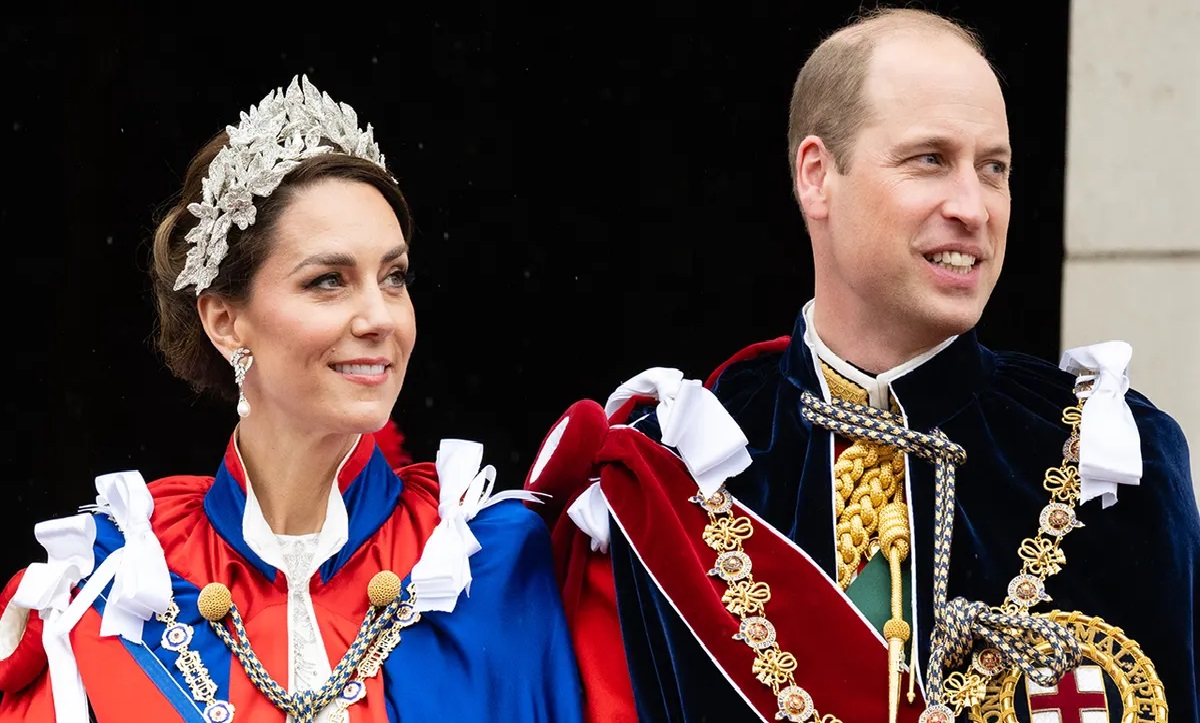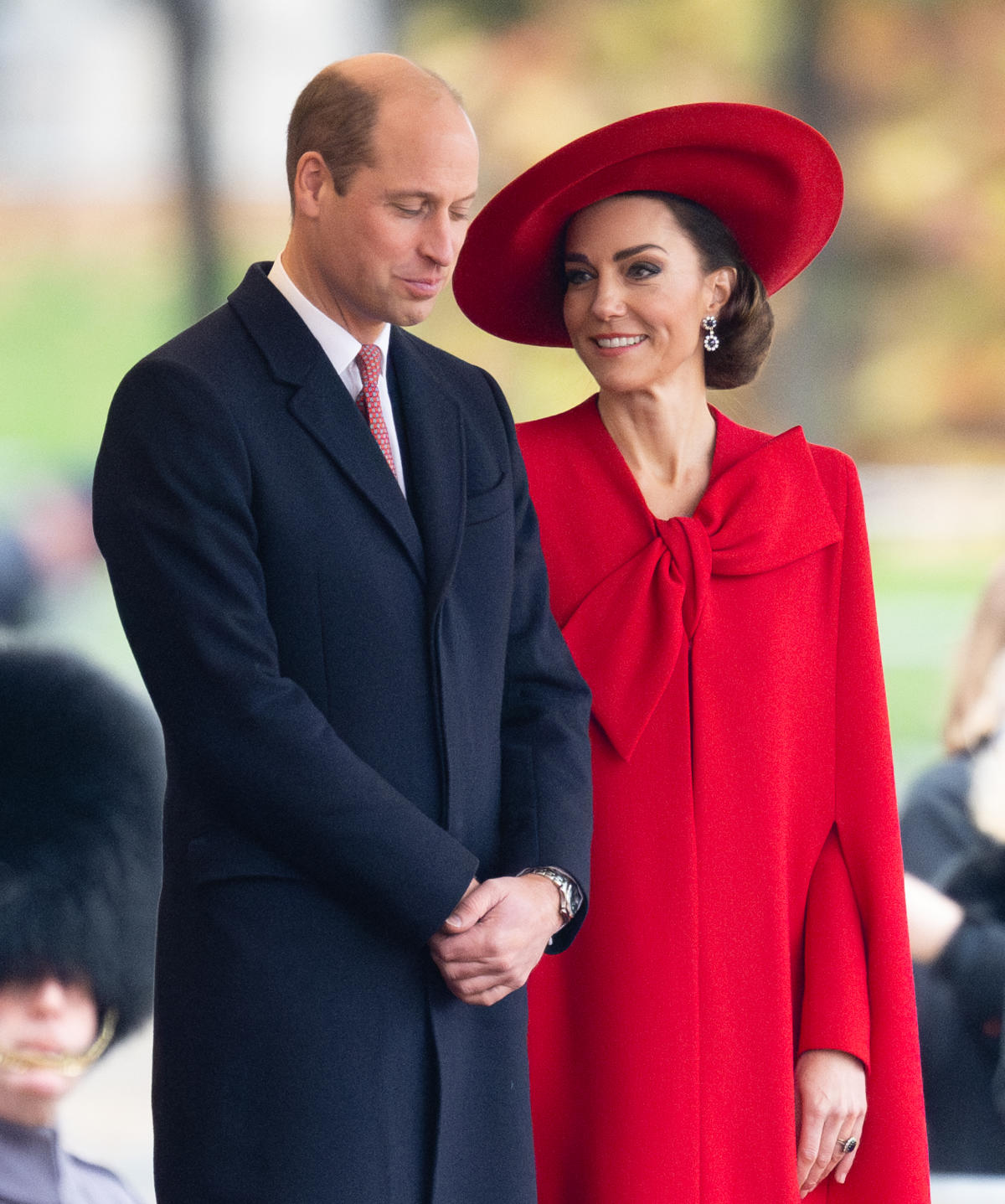
Breaking News: King Charles Announces His Resignation, William Becomes King
The British monarchy has long captivated the world with its traditions, royal weddings, and state events. Today, a shocking announcement left everyone stunned: King Charles III is stepping down, with Prince William now ascending to the throne.
The unexpected resignation of King Charles III has marked a significant shift in the monarchy, as Prince William takes on the role of King, with Queen Catherine by his side. Charles emphasized the need for a fresh, modern face to lead the monarchy, believing that William can connect more effectively with younger generations.
This transition, with Queen Catherine taking a prominent role, signals a new era for the royal family as they face challenges in maintaining relevance in today’s society.
King Charles III’s abdication, just months after he ascended the throne, has come as a surprise to many. Although there had been rumors about his health, he did not cite this as a reason for his decision. Instead, he focused on the future and expressed confidence in his son’s readiness to lead, indicating a strategic move to keep the monarchy relevant in a modern world.
King William V is perceived as a younger, more relatable figure, especially appealing to younger generations due to his dedication to family and mental health awareness. Charles’s brief reign was marked by his strong advocacy for environmental issues, earning him global respect for his efforts to modernize the monarchy. However, the British monarchy faces increased scrutiny and growing republican movements that challenge its relevance in an increasingly egalitarian society.
Balancing tradition with modern values will be vital for King William’s success.

Prince William and Kate Middleton Crowned King and Queen ‘Much Sooner’ Than Expected
Queen Catherine’s role is pivotal in the effort to modernize the monarchy and maintain public support. Her focus on community engagement, mental health, and early childhood development aligns with public expectations for a relatable royal family.
The global reaction to this transition has been mixed, showcasing both hope and skepticism, particularly from Commonwealth countries curious about how these changes will affect their relationship with the monarchy. The transition from King Charles to King William raises questions about the future direction of the monarchy. Observers are eager to see whether William will maintain or alter the royal family’s traditional role.
As the monarchy adapts to contemporary challenges, it must blend longstanding traditions with the demands of the modern world to sustain its connection with the public. Additionally, evolving dynamics within the royal family, especially between William and Prince Harry, underscore the need for reconciliation and understanding.
Kate Middleton’s recent health journey, including her chemotherapy treatment, highlights the personal struggles faced by the royal family, illustrating broader themes of resilience and vulnerability.